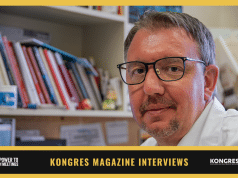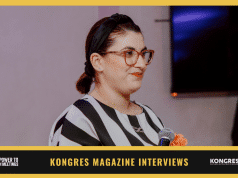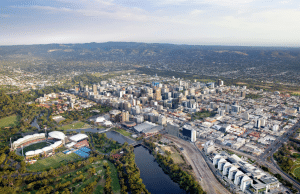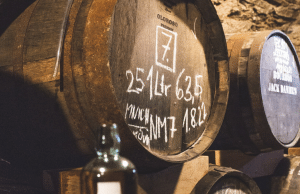“Over 90 per cent of our major projects got postponed to 2021”
Q: How badly has COVID-19 affected the meetings industry in your country?
The worldwide outbreak of COVID-19 has brought the entire world to a standstill for quite a while, and Serbia is no exception. We have seen almost 100 per cent of events either closed, rescheduled or gone virtual. Due to travel restrictions as well as a continuous slump in demand – a decreased willingness for non-essential travel among companies – a fairly young and underdeveloped MICE industry in Serbia faced devastating challenges. To be precise, foreign arrivals in March 2020 fell by 65.8% year-on-year. With most international flights banned, both business arrivals and spending in April 2020 have fallen down to zero. That was a knockout for the entire chain of MICE-related industries.
Q: How much damage has the epidemic caused for your company?
Luckily – thanks to our composure and loyalty of our clients – we’ve seen a lot of rescheduling rather than outright cancellations, as over 90 per cent of our major projects only got postponed to 2021. However, our biggest pride is that, in spite of the unremembered uncertainty, we managed to keep our team at the core of any actions and decisions, and we did not let go of any of the employees.
But now that we’re talking about switching everything to online, we keep forgetting that this is a major economic loss not only for us as event organizers, but also for our surrounding communities, meaning dozens of related jobs in the tourism “value chain” – from hotel staff to small local manufacturers. Each year world events generate $1.5 trillion in spending, including airfare, transportation, hospitality, venues, services and much more. What’s their future if we stick to the two-dimensional world?
Q: How do measures put in place by regional governments help with exiting the crisis? What do you miss?
Undeniably, the travel industry has been the hardest-hit of all major economic branches. This was fairly early recognized by the Serbian government, which has responded noticeably quickly with adopting economy-wide stimulus packages, accentuating job retention to ensure survival and livelihood.
Unfortunately, Serbia is not among the destinations where receptive travel significantly contributes to national economy and GDP, so these policy responses are far from enough for the industry to reopen without severe consequences once the support measures fade away. Particularly in those countries, where the sector plays a significant role in the national economy, not only contributing to GDP but also to millions of jobs.
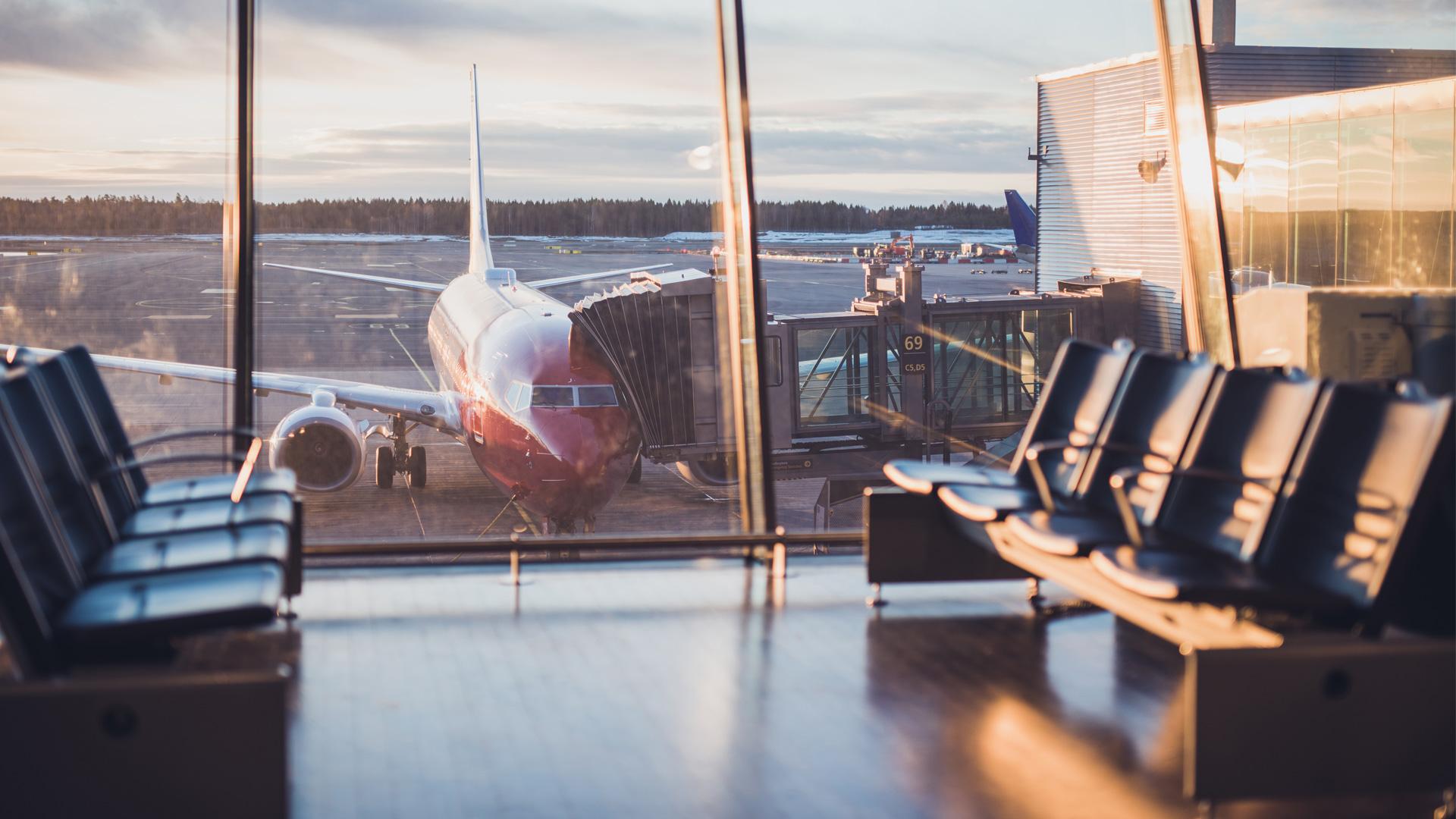
Q: Do you think the situation will get worse before it gets better? Have you prepared any preventive measures in case of a second coronavirus wave?
At DMC Vekol, we rely on ourselves rather than good luck. Our company is known for reinventing and adjusting to new realities very quickly, especially having in mind that we swallowed many hard pills and survived turbulent times and uncertainty on quite a few occasions from 1998. With the pandemic in our market firmly easing down, getting back to (full) normal is finally in sight. In terms of revenue, we expect to fully pick up from where we left off no earlier than in Q3rd 2021. A severe second wave, though, would be the worst-case scenario, as a further decline in international travel would put unbearable pressure on jobs and businesses.
Q: What has the epidemic taught us about the current state of the meetings industry? Will the epidemic also bring something positive?
Events are such a huge part of business life. Pandemic was a wakeup call for the majority of the event industry to leverage the new business landscape. Prior to COVID, the online component of events was usually just a sporadic, overlooked and often annoying feature. Now, attendees are starting to use digital platforms with a lot more assertiveness and event organizers are ready to deal with double infrastructure: physical and digital. One of the best side effects of the new normal is that our clients are now feeling more comfortable to experiment than ever before. Also, it’s now clear that tiring ‘keynote-breakout-repeat’ format will need to go and shorter, but more intense sessions will prevail.
Q: Do you think the quarantine period was beneficial for unwinding and gathering new creative ideas for the future?
Necessity is the mother of all invention and we as event planners are being asked to learn our job all over again. Repurposing content for online, reframing platforms from one-way to interactive, making the most out of digital providers – all these are challenges that crave utmost creativity. Ingenuity and forward-thinking have the chance to thrive in reimagining a more colourful future beyond COVID-19.

“The human element of connecting with others and forging partnerships is still largely confined to the offline world”
Q: What are some alternatives to live events? Are live events a thing of the past or will we continue to meet in person after the coronavirus?
Ever since April, everybody’s inbox is constantly overrun with invitations to join virtual talks, networking sessions, panels and more. Now, many events will likely go back to normal and resume as they always have, but given the costs involved in travel and the capacity for online tools to offer a similar experience, it may well be that the event industry has changed forever.
However, there are some obvious drawbacks and limitations. There is a lot of noise in the online space today. Also, shorter attention spans will need to be taken into consideration when planning online gatherings. Remote attendees are also more likely to be distracted by emails, calls or children. And of course, giving voice to the online audiences and making networking experience feel natural might be the greatest challenge of all.
All of this being said, I still don’t see a decent alternative to live events, at least not in all important aspects. Mankind overcame many disruptions in communications, but nothing ever changed human nature and necessity for face-to-face interactions. The human element of connecting with others, having in-depth discussions and forging partnerships is still largely confined to the offline world.
Q: Do you think online events can replace the physical experience of live events?
Lockdown is over, but the grand experiment of remote work and online events might hang around for a while. Companies that shifted to remote will not just shift back overnight. But technologies such as Zoom that have people stare at disembodied heads of their colleagues through a screen are a very poor substitute for face-to-face interactions. A virtual setting is no match to a real one when it comes to random collisions between teammates that lead to new ideas. People often tend to evangelize new trends, but PRO’s don’t always automatically outweigh the CON’s. Remote today does look less scary and it might stick for a while once the pandemic ends, but personally, I don’t see the big gain. All these technologies that we’re discussing have already been in use for years, how come online-only hasn’t emerged before?
Q: How have you managed to connect the digital and analogue world at your events and in business?
At DMC Vekol we have gone digital way before it became a necessity – from advanced mobile apps that helped us virtually design event experiences from scratch to webcasts, live streaming etc. COVID-19 outbreak only made us go one step further and experiment with the full-online layout of events.
This summer we launched the first-ever hybrid fashion project OXYGEN in Serbia, hand in hand with our most iconic haute couture designer Verica Rakocevic, internationally known as “Serbian Coco Chanel”. The project premiered the Fall/Winter 2020/21 collection and celebrated the sheer sacrifice of medical staff during the pandemic crisis. What we did was morph the runway event into the TV show format: live performance, very limited live audience and strong tech infrastructure. This also showed one clear and steady tendency for all the upcoming events: AV will continue receiving incredible budget injections. Thanks to being already fluent in virtual event technology, we managed to attract diverse audiences from all over the globe and maintain a high level of energy throughout the process.
Q: In these turbulent times, what separates your company from the competition?
In the MICE industry, we are now seeing Darwin’s Theory of evolution in person. The coronavirus lockdown might only have accelerated some trends that would otherwise take decades to embody. Agility, ability and willingness to take risks and instantly adapt have always been our strength as a company. The fact that we didn’t lose a single client and that we managed to go to full-remote without the business suffering is the leading indicator that we will be able to navigate any upcoming disruption and that we’re truly capable of innovation.
PERSONAL QUESTIONS FOR TANJA
Q: What will we be discussing over coffee at the same time next year?
In our office, hopefully, we’ll be discussing long overseas holidays instead of business survival tactics.
Q: Where do you find inspiration for events in these tough times? Do you have a favourite event agency or role model?
In a world so diverse and yet so accessible, possibilities to find inspiration are infinite. I don’t chase sources of inspiration; I rather derive it from random occurrences.
Q: What inspires you in your daily life? (music, books, nature…)
A good conversation a day keeps running out of ideas away.



